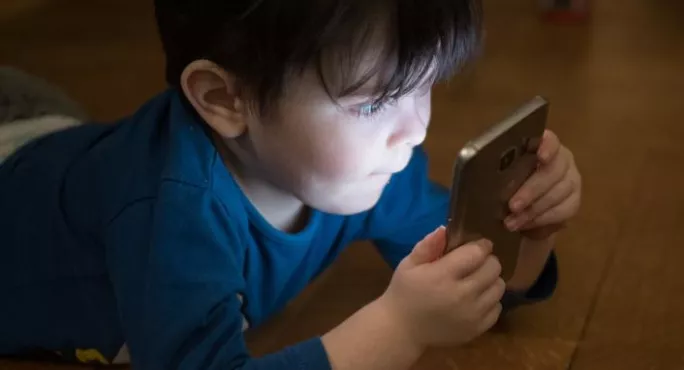The Department for Education will pay for subscriptions to early learning apps for disadvantaged families, the education secretary has announced.
Damian Hinds said that families will be given free access to educational apps for smartphones and tablets, so children can benefit from positive “screen time”.
Last summer the DfE launched a competition to identify which apps are the best at helping with children’s early education at home.
Background: Free mobile apps could improve reading
Read: Number of pupils starting school unable to read ‘to be halved’
Read: Experts recruited to advise DfE on early years apps
Today, the education secretary announced that the DfE will be buying subscriptions to early learning apps and providing a number of them free of charge to disadvantaged families with children aged 2 to 4, in up to 12 pilot areas across the country.
Mr Hinds said: “Not all screen time is created equal: on one side there are the pressures that come with social media and the time spent looking at a screen, which is a key worry for parents - but on the other, the power of technology and the internet can open up a whole new world when embraced properly.
Harnessing the power of technology
“But it’s also difficult to navigate, and often expensive, so I want to support parents of all backgrounds to feel able to embrace its benefits and use it in a measured, sensible way that helps to improve children’s early development at home.
“Screens can be an easy distraction for children, but harnessing the power of technology to support early communication and development means that we have another tool in our arsenal to help young kids develop those skills.”
Mr Hinds also confirmed that nearly 6,000 families in the North of England will take part in four new programmes aimed at providing practical tools and advice, such as parenting group sessions, educational toys and books or text message tips sent directly to their mobile phones.
The initiatives are part of a wider drive by the government to halve the number of pupils starting school unable to read, by boosting the home learning environment.
The plans follow the creation of an advisory panel last month to assess existing apps and produce tips and guidance to help parents make informed decisions about which to choose for their children.
The expert panel, chaired by Jackie Marsh of the University of Sheffield, will draw up a set of criteria for assessing an app’s quality, which the DfE said would help it decide which to provide free of charge.
Local areas to participate in the app trials will be chosen based on factors including the proportion of children achieving below the expected level of development in communication, language and literacy at age 5, as well as a focus on some of the most deprived communities.




